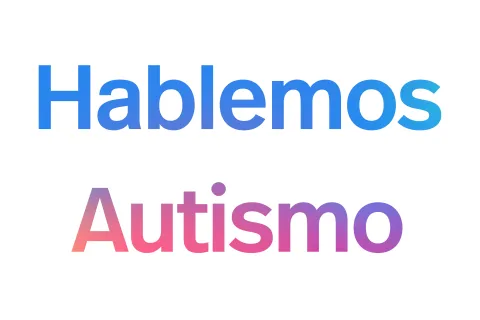When medical issues complicate autism's eating challenges
By Jaimie Flor, Jayne Bellando and Maya LopezThis response is by (left to right) developmental pediatrician Jaimie Flor, pediatric psychologist Jayne Bellando, and developmental behavioral pediatrician Maya Lopez. All three practice within the Autism Speaks Autism Treatment Network (AS-ATN) at Arkansas Children’s Hospital and the University of Arkansas for Medical Sciences, Little Rock. Dr. Bellando co-authored the Autism Speaks ATN/AIR-P tool kit Exploring Feeding Behavior in Autism: A Parent’s Guide.
Our daughter (who has autism) had a feeding tube for her first two years of life due to laryngomalacia. Now she fears swallowing. What’s a family to do when feeding challenges are complicated by medical conditions?
Thanks for your question. You raise an important and complex situation. A number of medical issues can complicate autism-related feeding challenges. And each requires a child’s medical team to work in partnership with the family to understand and address the complexity of needs. So while this post isn’t intended to give individual medical or therapy advice, hopefully we can address some of the important overall issues.
Helping an autistic child overcome fear of swallowing
Conditions that affect muscle tone can cause weakness in the muscles of the mouth and throat. This, in turn, can produce difficulty in chewing, sucking and swallowing. A condition such as laryngomalacia, for example, can complicate eating because the voice box tends to collapse during swallowing. This causes food to leak into the windpipe to produce choking and gagging.
Medical conditions that produce choking can make it unsafe for a child to eat solid foods or liquids by mouth. In some cases, placing a feeding tube may be the best option to ensure that a child gets proper nutrition.
Ideally, the child also receives therapy to stimulate senses and muscles around the mouth. This can help prevent the loss of sensory processing and feeding skills and, so, make it easier to wean the child from the feeding tube or other feeding device when the time comes to do so.
When the transition to normal eating poses a challenge, a child may need therapy to learn such basics as how to chew and swallow. Your child’s doctor can provide a referral to an appropriate feeding specialist. We encourage you to discuss your daughter's fear of swallowing with the feeding specialist. It may be helpful for the specialist to confer with your child's behavioral therapist as well.
Certain genetic conditions such as Prader-Willi syndrome are associated with both autism and low muscle tone. In babies and young children, this can produce difficulty sucking and swallowing. Here again, therapy may be needed to improve muscle tone and coordination.
Addressing medically related feeding issues
As mentioned, it’s important that a child’s doctors and therapists work together with the family to develop a coordinated plan that addresses issues in the right order. First and foremost, the team should address concerns about aspiration and choking. If your daughter has had such experiences, it may at least partially explain why she fears swallowing. So safe and consistent swallowing skills need to come before you tackle issues such as expanding her diet.
Typically, a child who has swallowing issues is referred to an ear-nose-and-throat (ENT) doctor. When the root of the feeding problem is unclear, the ENT or a feeding specialist may need to conduct thorough evaluation.
As your child is learning to eat normally, you and other caregivers need to closely monitor snacks and meals to ensure that she isn’t aspirating or choking on food. Danger signs include food falling out of her mouth, excessive drooling, choking, gagging and coughing.
While therapists are helping your child work on the mechanics of eating, it makes sense to stick with foods that your child prefers. Once the mechanics improve, the emphasis can shift to expanding a restricted diet in healthful ways.









